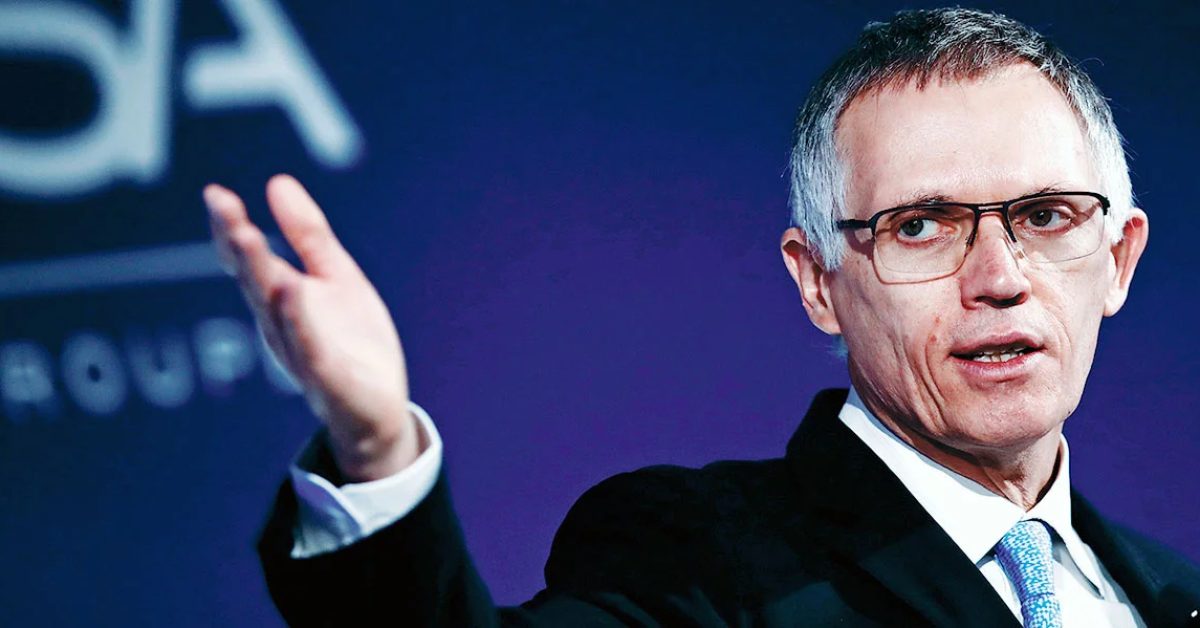Stellantis CEO Carlos Tavares made some interesting comments that amounted to claiming that electric vehicles are being “imposed” on them and that they don’t know how to make them profitably.
Prior to becoming Stellantis, Fiat Chrysler was seen as a laggard in the race to electrification and the PSA Group wasn’t exactly a leader either.
Since joining forces, the new CEO of the conglomerate, Carlos Tavares has announced some important investments in electric vehicles.
But in new comments during a Reuters conference this week, Tavares said that this effort to electrify is being “imposed” on them:
“What has been decided is to impose on the automotive industry electrification that brings 50 percent additional costs against a conventional vehicle. There is no way we can transfer 50 percent of additional costs to the final consumer because most parts of the middle class will not be able to pay.”
When talking about electrification being “imposed,” he appeared to be referencing the deadlines for sales of internal combustion engines in some countries and the fleet emission requirements in some markets.
The CEO issued a warning that some automakers will fail in this transition:
“Over the next five years we have to digest 10 percent productivity a year … in an industry which is used to delivering 2 to 3 percent productivity improvements. The future will tell us who is going to be able to digest this, and who will fail. We are putting the industry on the limits.”
In an update to the company’s electrification this summer, Stellantis said that it is investing €30 billion through 2025 to build new EV platforms to support a series of new electric vehicles across its brands.
Electrek’s Take
Tavares makes it sound like an industry problem when it’s actually a problem with just some automakers, like Stellantis.
Other automakers have been able to make reliable and profitable electric vehicles.
To be fair, all automakers are having costs issues right now due to inflation and global supply chain problems, but that also affects ICE cars.
Aside from that, and with battery costs falling to an average of $132 per kWh, as we reported yesterday, there’s no excuse for not being able to produce EVs profitably.
It simply sounds like Stellantis is late to the game, and it now complains that it started with them.
FTC: We use income earning auto affiliate links. More.
Subscribe to Electrek on YouTube for exclusive videos and subscribe to the podcast.
